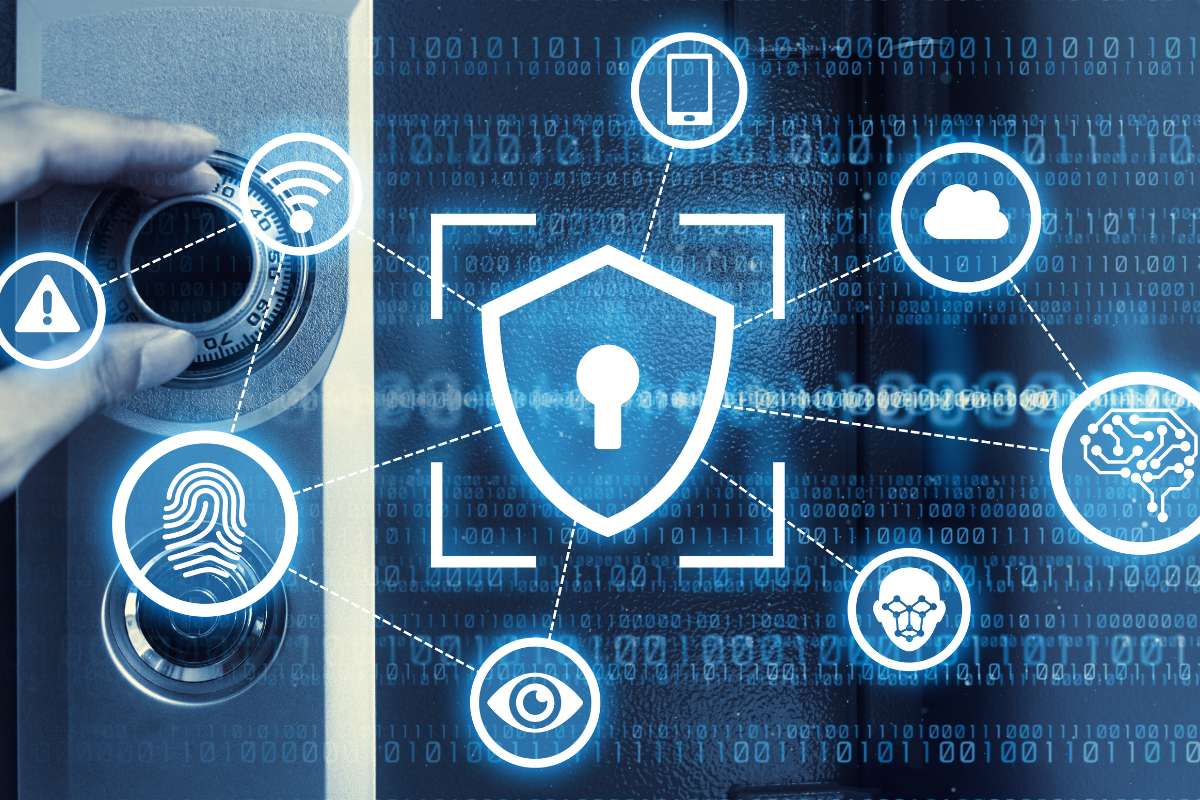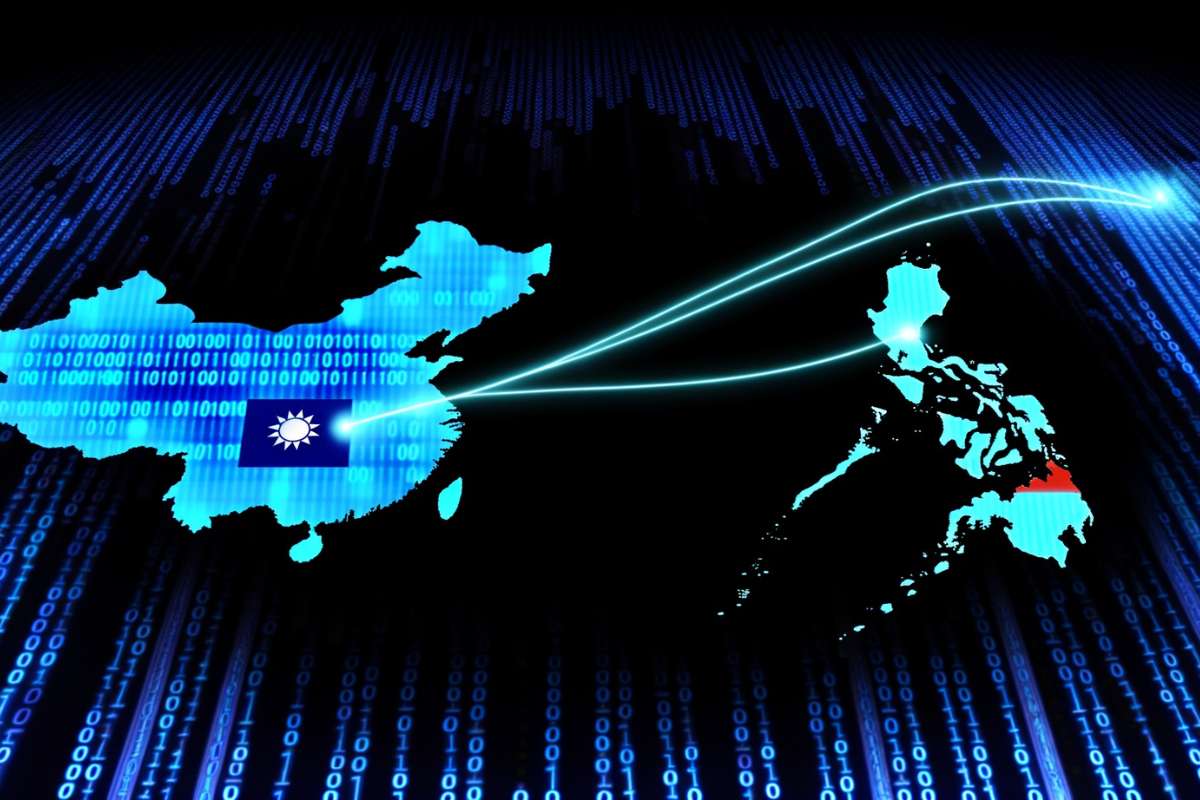The rapid advancement of generative AI Agents and large language models has reshaped the cybersecurity battlefield. These technologies, once considered primarily tools for innovation and productivity, have been increasingly adopted by cybercriminals to create highly convincing deepfake videos, realistic voice clones, targeted phishing campaigns, and sophisticated malware.
This shift has left companies searching for equally advanced defenses. The answer, for many, lies in deploying AI on the defensive side — specifically, agentic AI, which can automate detection, analysis, and response in real time.
A Growing Role in Enterprise Security
As AI Agents becomes more deeply embedded in business functions such as finance, legal, and operations, its adoption in cybersecurity is accelerating. Brian Murphy, CEO of ReliaQuest, describes the challenge as “massive” for large organizations. His company’s approach focuses on using AI to filter irrelevant alerts, freeing human teams to focus on genuine threats.
Murphy emphasizes that AI’s strength lies in taking over repetitive or routine monitoring, allowing human analysts to engage in more strategic tasks. The company’s recently released GreyMatter Agentic Teammates are designed to work as autonomous, role-based AI partners that extend the capabilities of security operations teams.
Real-World Use Cases
One common scenario involves executive travel. When a device connects to a network in a high-risk region, such as China, security teams must verify the user’s location and ensure secure usage daily. An AI agent can automate this process, allowing analysts to redirect their attention to higher-priority issues. Similar automation can apply to corporate events, board meetings, or large-scale off-site gatherings.
Justin Dellaportas, Chief Information and Security Officer at Syniverse, notes that these agents can now go beyond detection to automated actions — quarantining malicious emails, removing them from inboxes, or restricting compromised accounts across multiple systems.
The Rising Arms Race
Cybercriminals are also using AI Agents to scale their operations, identifying vulnerabilities faster and moving laterally within compromised networks at unprecedented speeds. This “AI-versus-AI” dynamic is pushing defenders to adopt automation at the same pace, if not faster.
Dellaportas sees adoption progressing through a “crawl, walk, run” methodology — starting with AI that reasons, then acts, and eventually iterates and improves its responses based on past performance. He stresses the importance of “trust but verify” in building confidence in AI-driven security measures.
Impact on Cybersecurity Talent
While AI can handle many time-consuming tasks, industry leaders do not see it replacing human cybersecurity professionals. Instead, it acts as a force multiplier, reducing burnout and bridging the skills gap that has long challenged the industry. Murphy points out that many entry-level security roles currently involve repetitive tasks akin to help desk work — the kind of tasks AI is ideally suited to automate.
Both Murphy and Dellaportas agree that successful deployment will require education, trust, and careful integration into existing workflows.
Adoption Trends and Future Outlook
A May 2025 Gartner poll found that 24% of surveyed CIOs and IT leaders had already deployed AI agents, with over half operating in internal functions such as IT, HR, and accounting. Cybersecurity remains a leading use case, benefiting from AI’s early track record in areas like fraud detection.
Avivah Litan, VP analyst at Gartner, calls security “low-hanging fruit” for AI adoption, predicting that digital security assistants will soon be standard tools in protecting organizations. The challenge, she notes, is ensuring these tools keep pace with the constantly evolving attack surface.
Murphy believes adoption in cybersecurity could outpace other industries: “They absolutely understand AI is being used against them, and the only way to defend that is to use it in their own defense.”






